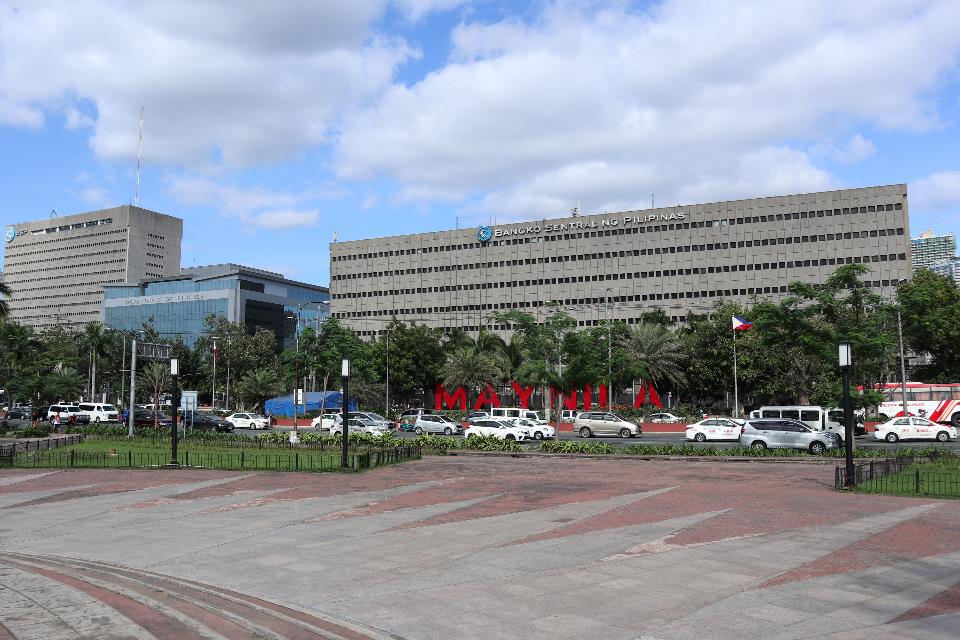
TURNING old banknotes into alternative energy sources is just one of the sustainability efforts of the Bangko Sentral ng Pilipinas (BSP).
In its maiden Sustainability Report, the BSP outlined its progress in advancing the sustainability agenda in the Philippine financial system toward creating more sustainable, inclusive, and resilient societies and economies.
The BSP said demonetized and mutilated banknotes undergo a shedding process that allows these to be converted into briquettes that can be used as alternative fuel source for biomass gasification facilities.
“The use of briquetted banknotes as an alternative fuel source instead of outright burning reduces the need to cut down trees, thereby contributing to a reduced carbon footprint,” the report stated.
BSP said its regional office in Greater Manila generated a total of 1.17 million kilograms of briquetted banknotes that were properly disposed and re-used as an alternative fuel source.
The central bank also entered into a contract with a service provider that will use the briquetted retired banknotes, banknotes securities waste, and other non-briquetted security waste as alternative fuel for cement manufacturing, instead of using coal and other types of fuel fossils.
“Buyers of briquetted banknotes are required to submit an Environmental Compliance Certificate [ECC] issued by the DENR [Department of Environment and Natural Resources],” the report stated.
In terms of old and unfit coins, the BSP said it uses a coin defacement machine prior to disposal. This prevents the risk of recirculation and maintains the integrity of the Philippine currency.
BSP said buyers of defaced coins are also required to submit ECC requirements. The BSP has defaced a total of 597 metric tons of counterfeit, unfit, mutilated, and demonetized (CUMD) coins since the start of the coin defacement operation in 2021.
Apart from these, the BSP said it has begun its studies on incorporating climate change into monetary policy. In June 2022, the BSP released the first empirical attempt to quantify the impact of temperature shocks in the Philippine setting.
The BSP is also conducting another empirical study on the long-term effect of temperature shocks on output growth as well as on inflation. Output includes other economic activities such as crop production, livestock, fishing, manufacturing, services, real investment, and labor productivity in heat-exposed industries.
In 2020, the central bank also included environmental, social, and governance (ESG) scores to screen tactical investments. The BSP said it is currently working to become a signatory of the UN Principles for Responsible Investment.
On green investments, former BSP Governor Felipe M. Medalla said the central bank has invested some of the country’s foreign reserves on green assets.
In the report, BSP said these are part of the efforts on impact investing such as those done in green bonds. The BSP was also one of the early investors in the green bond funds of the Bank for International Settlements (BIS).
“We take an active role in promoting sustainable finance through our 11-point Sustainable Central Banking Strategy. In leading by example, we have also made it a point to invest some of our FX reserves in green assets,” Medalla said in a speech on Monday.
BSP said the report covered the initiatives under financial supervision, preliminary work in the areas of monetary policy and operations (i.e., reserve management and credit operations), and projects and activities in support operations (e.g., risk management, currency production, technology and innovation development, building and maintenance, and procurement).
It also features the participation of the BSP in national and international conversations on sustainable finance, as well as its initiatives in the pipeline and future plans in pursuing the sustainability agenda.
These include the development of a taxonomy, grant of regulatory incentives to promote financing to sustainable projects and investments, and enhancements to stress testing guidelines, prudential reports, and disclosure requirements.
The BSP will also build up initiatives promoting inclusive green finance as it recognizes the benefits to vulnerable sectors such as the micro, small, and medium enterprises in line with the interrelated objectives of promoting sustainable finance, digitalization, and financial inclusion.
Image credits: Patrick Roque via Wikimedia Commons CC BY-SA 4.0
